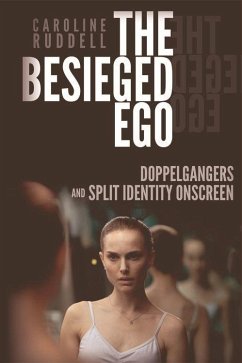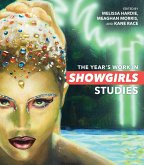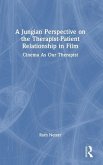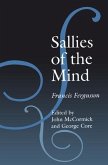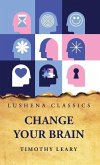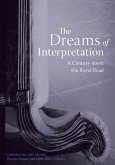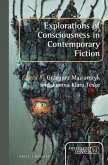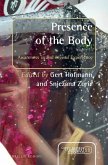Examines the representation of fragmentary identities in film How does the idea of a double or fragmented identity function onscreen? How does it provide narrative cause and effect, character motivation and spectacle? Do representations of doppelgangers challenge ideas about our own identities? The Besieged Ego critically appraises the representation, or mediation, of identity in film and television through a thorough analysis of doppelgangers and split or fragmentary characters. The prevalence of non-autonomous characters in a wide variety of film and television examples calls into question the very concept of a unified, knowable identity. The form of the double, and cinematic modes and rhetorics used to denote fragmentary identity, is addressed in the book through a detailed analysis of texts drawn from a range of industrial, historical and cultural contexts. The doppelganger or double carries significant cultural meanings about what it means to be human and the experience of identity as a gendered individual. The double also expresses in fictional form our problematic experience of the world as a social, and supposedly whole and autonomous, subject. The Besieged Ego therefore raises important questions about the representation of identity onscreen and concomitant issues regarding autonomy and the nature of lack and desire in identity formation and experience. This is essential reading for students and researchers in film theory, film genre, psychoanalysis and film, and film aesthetics. Caroline Ruddell lectures on film, television and popular culture at St Mary's University College, where she specialises in film theory, representation onscreen and animation. Cover image: Black Swan, Darren Aronofsky, 2010 (c) Fox Searchlight/The Kobal Collection. Cover design: [EUP logo] www.euppublishing.com
Hinweis: Dieser Artikel kann nur an eine deutsche Lieferadresse ausgeliefert werden.
Hinweis: Dieser Artikel kann nur an eine deutsche Lieferadresse ausgeliefert werden.

